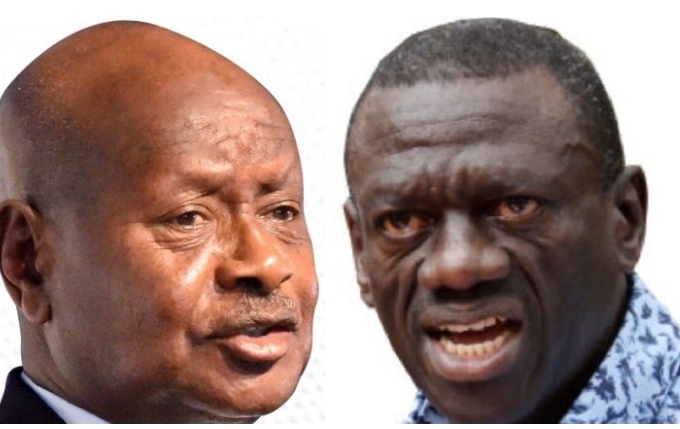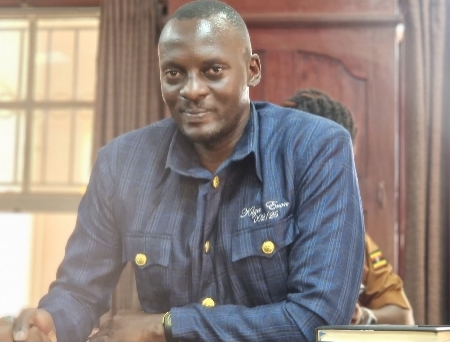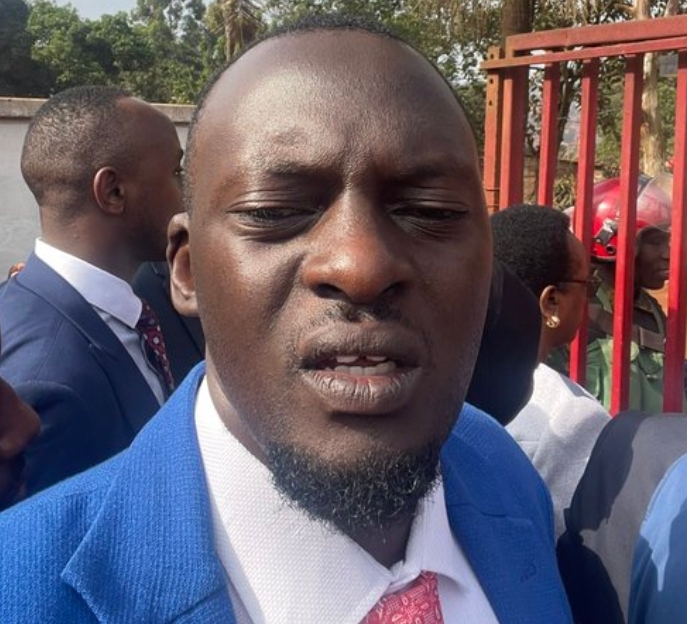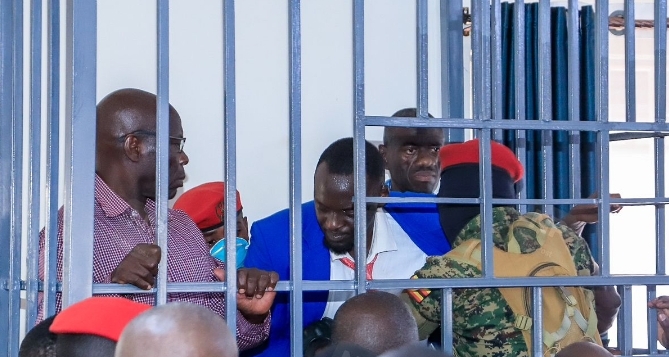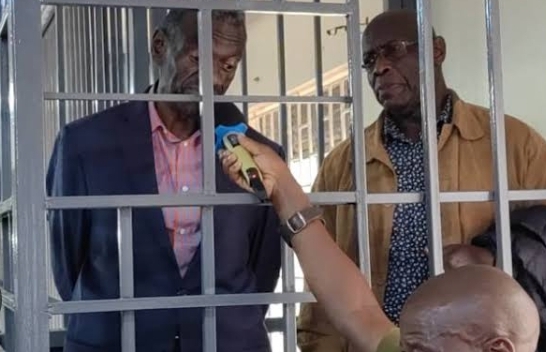As the legal battle involving prominent opposition figures Col. Dr. Kiiza Besigye and Hajj Obeid Kamulegeya unfolds in the General Court Martial, President Yoweri Kaguta Museveni has reignited debate over the role of military courts in handling civilian cases. The two political figures, arrested in Kenya and extradited to Uganda, face charges tied to national security.
In a letter released to the public, President Museveni praised the Court Martial’s effectiveness in maintaining stability and dealing swiftly with cases involving illegal possession of firearms and terrorism-related activities. The President emphasized that individuals who unlawfully wield weapons, typically the purview of the armed forces, qualify to be tried in military courts under laws enacted during his administration in 2005.
The President’s Perspective
Museveni’s letter highlighted how civilian courts are often overwhelmed by a wide variety of cases, including land disputes, murder, and robbery, which limits their capacity to handle gun-related offenses with the necessary speed. He argued that this creates a vacuum that criminals and terrorists exploit, thereby justifying the use of military courts for expedience and deterrence.
“Stabilization requires speed,” Museveni wrote, defending the Court Martial’s ability to swiftly neutralize threats posed by those who illegally acquire and use firearms to endanger lives. He reassured critics that the Court Martial is subordinate to the civilian judiciary, ensuring fairness and legal recourse for those who may feel aggrieved by its rulings.
Widespread Criticism from Lawyers
However, the President’s stance has sparked renewed criticism from the Ugandan legal fraternity. Many lawyers argue that trying civilians in military courts contravenes constitutional guarantees of fair trial and judicial independence. They contend that the military court system is designed for serving soldiers, not civilians, regardless of the nature of the crimes committed.
“The Constitution is clear—every citizen deserves to be tried in a competent, impartial, and independent civilian court,” said Nicholas Opio, a human rights lawyer. “Subjecting civilians to military courts erodes fundamental principles of justice.”
The Besigye-Kamulegeya Case
The case of Dr. Besigye, a former presidential candidate and long-time political rival to Museveni, has drawn significant attention. Besigye and Kamulegeya are accused of conspiring to destabilize Uganda through the alleged smuggling and planned use of firearms. Their arrest and subsequent trial in the military court have been met with protests from opposition groups and civil society organizations.
Besigye’s legal team has filed a motion challenging the Court Martial’s jurisdiction, arguing that his arrest and charges are politically motivated. “This is not about justice; this is about silencing dissent,” said one of his lawyers during a press briefing.
Balancing Security and Justice
The debate underscores a broader tension in Uganda between maintaining national security and upholding the rule of law. While the Court Martial has played a crucial role in addressing armed criminality, critics warn against its overreach into civilian matters, fearing it could set a dangerous precedent for suppressing political opposition.
As the cases against Besigye and Kamulegeya proceed, they will likely test the limits of Uganda’s legal framework and could influence future discussions on judicial reforms and the role of military courts in civilian cases. Whether Museveni’s defense of the Court Martial will resonate with Ugandans or fuel further dissent remains to be seen.
![]()

